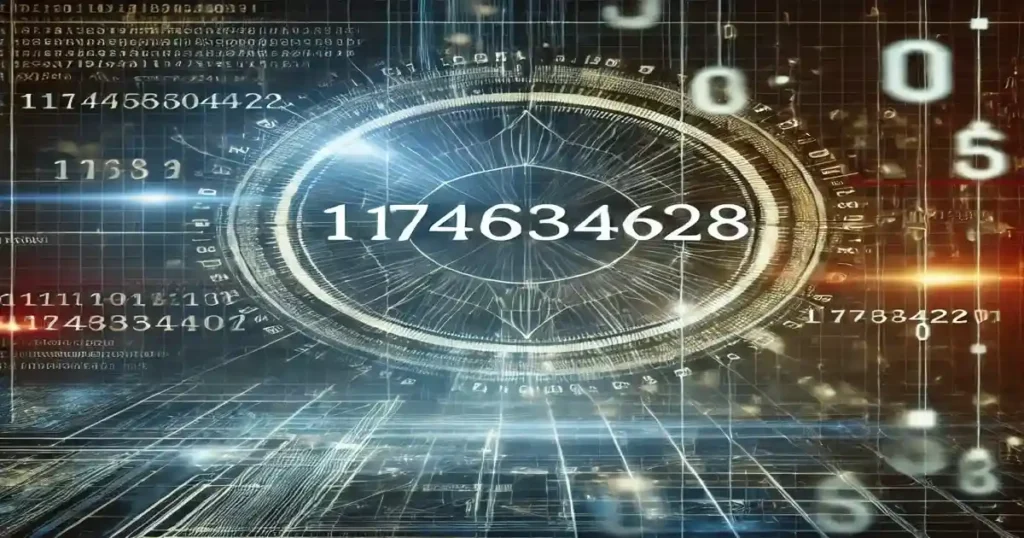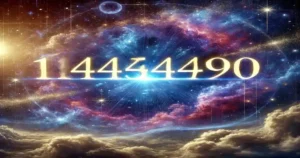
Introduction
The number 1174634628 may seem cryptic or nondescript at first glance. However, numbers like this can hold significance in various fields, including mathematics, technology, finance, or even cryptography. In this article, we will explore potential contexts where such a number might be relevant and provide insights into its applications or implications.
What Does 1174634628 Represent?
- Mathematical Significance
Numbers, especially those in this range, can have unique mathematical properties:- It could be a prime number or a number with interesting divisors.
- In base conversions, such as binary or hexadecimal, it might represent unique patterns.
- Technological Context
In technology, such a number might:- Be an identifier in databases, APIs, or software applications.
- Represent a user ID, transaction ID, or record in a system.
- Be part of an IP address, MAC address, or another network-related protocol.
- Financial Implications
In the financial world, numbers like this could:- Be a transaction code for bank systems.
- Represent an account number or a stock identifier.
- Cryptographic Use
In cryptography or blockchain:- Numbers like this may serve as hashes, public keys, or transaction identifiers.
Practical Applications of 1174634628
1. As a Unique Identifier
- Organizations often assign random numbers to ensure every record or entry is unique.
- These IDs play a crucial role in ensuring data integrity in databases.
2. Potential in Cryptographic Systems
- Numbers in cryptography need to be large and complex to secure transactions or communications.
- If 1174634628 were used in a cryptographic context, it might ensure a robust encryption algorithm.
3. Use in Tracking and Logging
- Systems often use sequential or random numbers to log events.
Example: Log ID 1174634628 might correspond to a specific system action.
4. Reference in Statistical Models
- Large numbers are used in sampling or modeling datasets, especially in machine learning and AI.
Exploring the Context
Is 1174634628 a Random Number?
Numbers that appear random might follow specific algorithms. For instance:
- In pseudo-random number generators, this could be a seed value.
- In simulations, it might control the starting state of a process.
Does It Have a Geographic or Cultural Connection?
- Some numbers hold cultural significance. For example, certain sequences align with dates or events.
Analyzing Its Properties
Prime Factorization
Breaking down 1174634628 into its prime factors could reveal unique properties.
For example:
- Prime factors could be useful in encryption techniques like RSA.
Representation in Binary or Hexadecimal
In binary: 1000101110100110111011000100100
In hexadecimal: 45D76C24
These representations often find applications in computer systems or digital forensics.
FAQs
Q1: What is the significance of 1174634628?
A: Its significance depends on the context, such as mathematics, technology, finance, or cryptography. It could serve as a unique identifier or hold cryptographic value.
Q2: Could this number be a prime number?
A: A detailed calculation is required to determine its primality, but its size makes it a candidate for specific mathematical or cryptographic applications.
Q3: How can a number like this be used in technology?
A: It could be an ID, transaction code, or part of a network protocol in technological systems.
Q4: Is there a specific field where such numbers are frequently used?
A: Numbers like these are common in databases, financial systems, cryptographic algorithms, and data science models.
Q5: How is it represented in other numeral systems?
A: In binary, it is 1000101110100110111011000100100, and in hexadecimal, it is 45D76C24.
Conclusion
The number 1174634628 is more than just a sequence of digits; it can hold unique value depending on the context. Whether as a cryptographic key, a database identifier, or part of a mathematical model, its significance lies in its application. Understanding such numbers in their respective contexts opens doors to various uses in modern systems.
By exploring its properties and applications, we uncover the depth and utility that seemingly random numbers can have in our increasingly data-driven world.
For more Information please visit my website: Canuckle.






